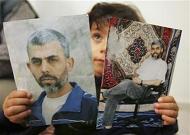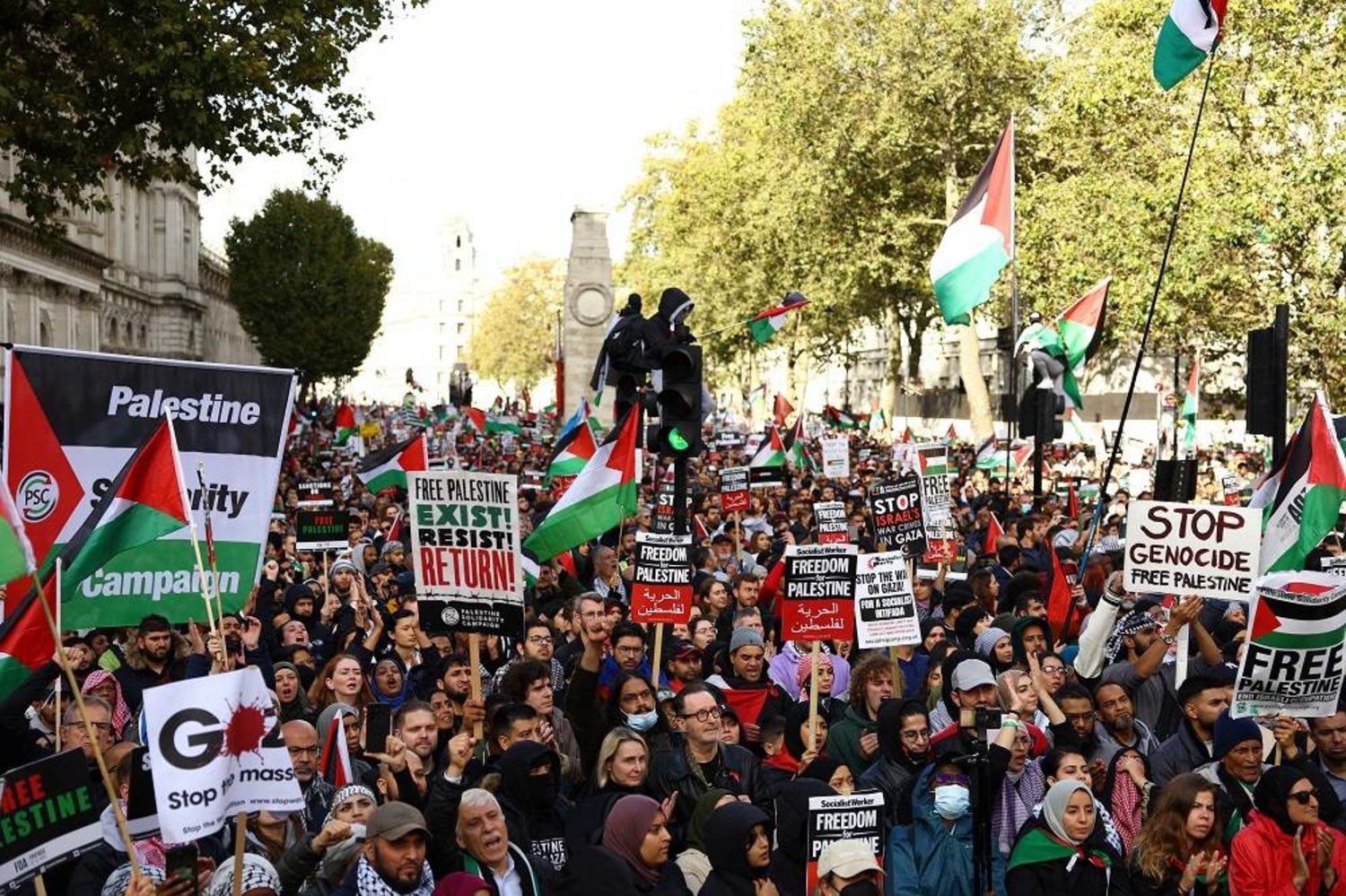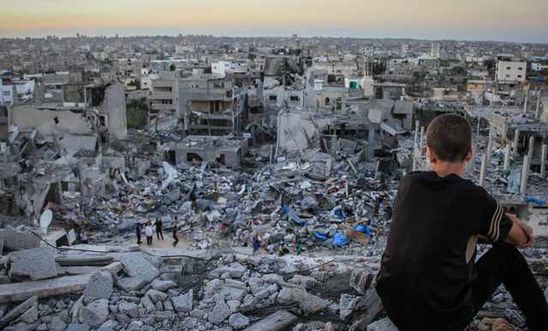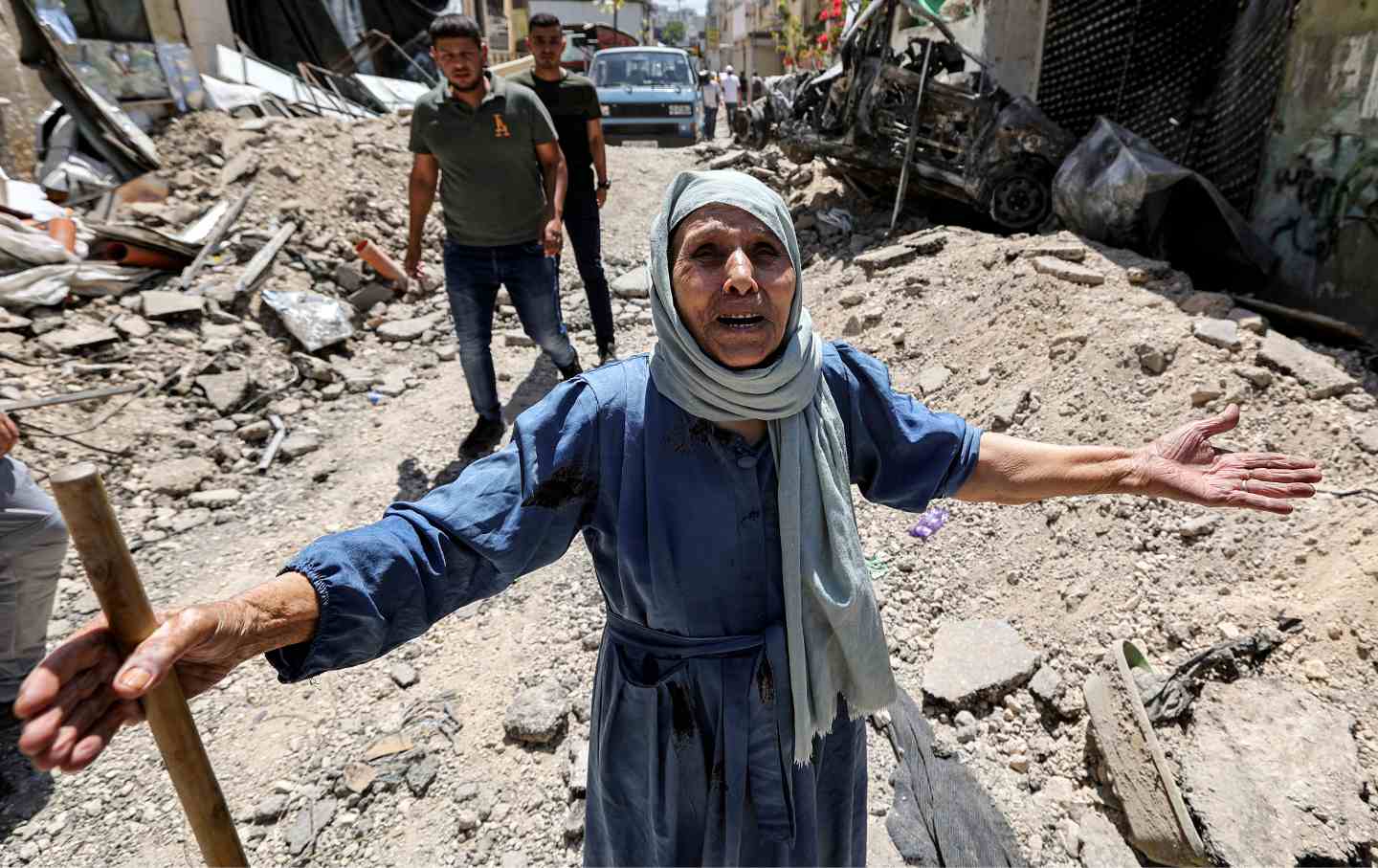An old Arabic saying describes the frustrating situation of almost attaining a certain goal as “a morsel, which nearly reaches the mouth.” For Palestinian prisoners who, over the past year, have repeatedly heard rumors about an imminent prisoner swap and which always flounders at the last minute, this is probably how they feel.
Ever since the capture of Israeli Corporal Gilad Shalit in June, 2006 by a Palestinian resistance group primarily comprised of Hamas operatives, the Palestinians and Israelis have been engaged in a swan dance of-sorts over how many and which Palestinian prisoners would be released in exchange for the Israeli soldier. However, time and again, just like the Greek mythological character Sisyphus, who keeps pushing a boulder up a hill only for it to roll down again, each would-be-agreement fails right at the end.
Over the past few days, there have been ample media reports about yet another new agreement being hammered out between Hamas and the Israeli government over a prisoner exchange.
With the help of Egyptian mediation, the almost-deal came to a screeching halt last night when the Israeli government announced that it had rejected the list of prisoners presented by the Palestinians in exchange for the release of Shalit. Israel would not, under any circumstances, agree to the freedom of Palestinians “with Jewish blood on their hands.”
Apparently, among the hundreds of prisoners the Palestinians want released are senior Hamas operatives accused by Israel of orchestrating and participating in military operations that resulted in Israeli deaths, along with West Bank Fateh Secretary Marwan Barghouti, serving five life imprisonments, and Popular Front of the Liberation of Palestine Secretary-General Ahmad Saadat, who Israel says was the mastermind behind the assassination of then-Israeli tourism minister Rehavam Zeevi.
What is so flabbergasting is that nothing has really changed. This is not the first time the Palestinians have insisted on the release of Barghouti and Saadat and it is certainly not the first time Israel has foiled a prisoner exchange because of the Palestinian list. Nor is it the first time Egypt has been involved in the negotiations. So, why would any of us believe this time would be different?
The truly tragic aspect of these merry-go-round negotiations is how so many hopes are dashed after the repeated failure to reach a final agreement. Although the maximum number of prisoners mentioned in any possible release is somewhere around 1,400 from an approximate 10,000 Palestinian political prisoners currently in Israeli prisons, there is no doubt every single prisoner, their families and the people at large are immensely disappointed every time a deal fails.
While the Palestinians understand that Israel ultimately has the power to accept or veto any name on its list of prisoners, what they continuously fail to do is shift the spotlight from the charges of “terrorist prisoners” to Israel’s own atrocities, including those possibly perpetrated by Shalit himself.
Israel is extremely clever at conjuring up a heinous image of the Palestinians, convincing the world that those behind bars are there because of their atrocious crimes against innocent Israeli civilians. Israel understands all too well that the more they feed the world their propaganda and malign the Palestinian cause and its resistance, the less empathy the international community will have for these prisoners and therefore the less it will exert pressure on Israel to accept any prisoner exchange not on their terms.
What the Palestinians need to do is show the world that Israeli hands are certainly not clean of “Palestinian blood.” Although Shalit’s personal history may never be publicly divulged, it is a fact that he was a corporal in the Israeli army and was on mission in the Gaza Strip during one of its most aggressive military invasions in years. The Israeli army is known to kill, ransack homes and demolish entire neighborhoods in the Palestinian territories, the Gaza Strip in particular. So, even if Shalit never personally pulled the trigger and ended or maimed a Palestinian life, he was part of an establishment that supported, encouraged and carried out these actions, making him one and the same with all of Israel’s crimes against the Palestinians.
This is not to say that killing, death and destruction will ever bring about agreements or peace. However, Israel should not be allowed to take the moral high ground when it comes to its criteria on the Palestinian prisoner list. For one, the Palestinians and Israelis are not equal players in this conflict. As an occupied people, the Palestinians have every right to resist their occupiers.
Secondly, Israel has far exceeded the Palestinians in its share of atrocities. If checks and balances are in order, then the Palestinians have a duty to remind the world of all the men, women and children killed in their own homes, of babies found dead in their beds after their houses were demolished over them. Statistics alone prove how unbalanced the conflict really is. According to the Gaza-based National Information Center, over 5,000 Palestinians have been killed by Israelis since the start of the Intifada, among which are 939 children. The Washington-based Middle East Policy Council puts Israeli casualties for the same period at just over 1,000.
So, perhaps it is time to change the dynamics of the Palestinian position. Instead of always allowing ourselves to be put on the defensive by Israel, the Palestinians must take the initiative and force their own agenda. Israel must understand that even if it has the power to knock the Palestinian prisoner list down, it cannot force the captives to release Shalit, something which the army has tried and failed to achieve. Once the Olmert government understands that the Palestinians are no longer participants in this absurd dance, then maybe it will change its tune.
The Palestinians’ Sisyphus has pushed this boulder long enough. Let’s claim one victory for once and get it to the top.
Joharah Baker is a Writer for the Media and Information Programme at the Palestinian Initiative for the Promotion of Global Dialogue and Democracy (MIFTAH). She can be contacted at mip@miftah.org.










